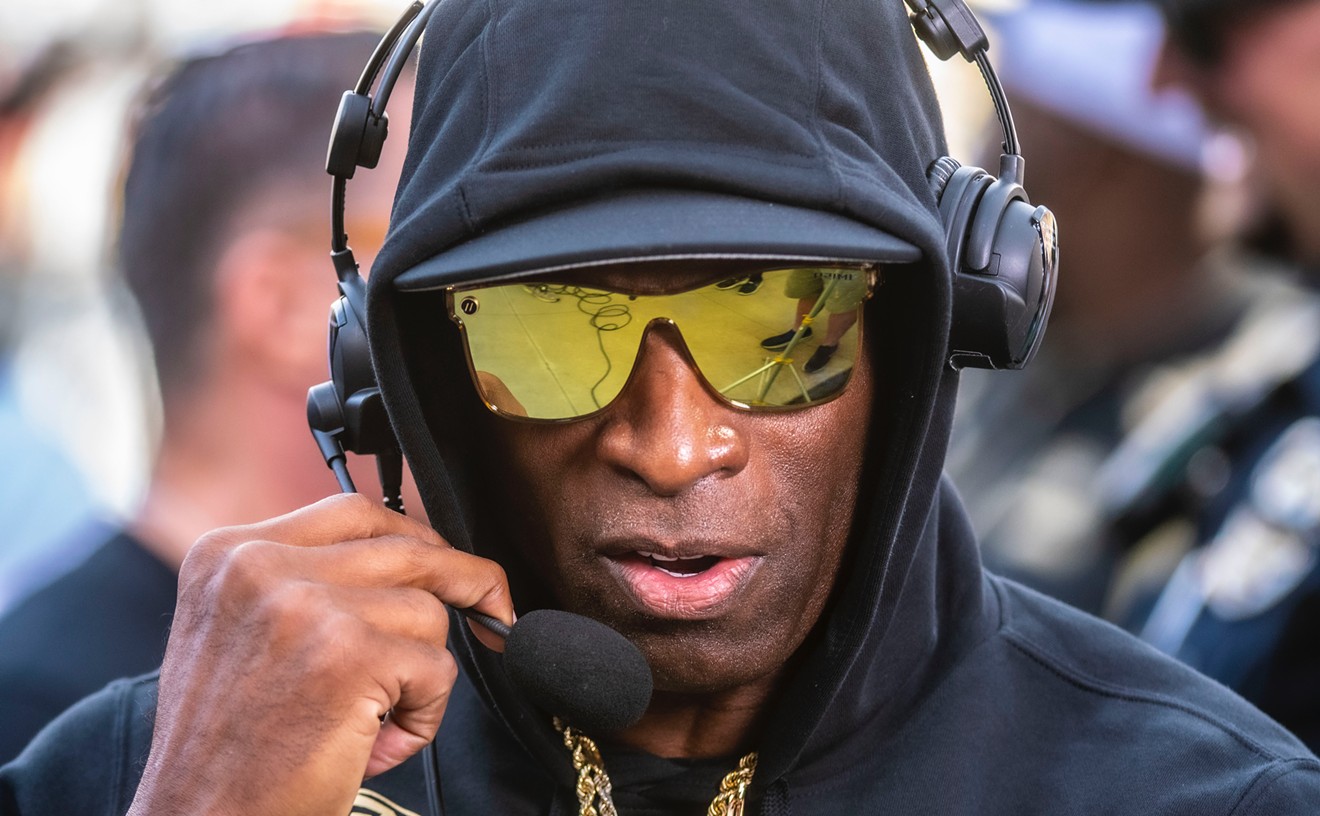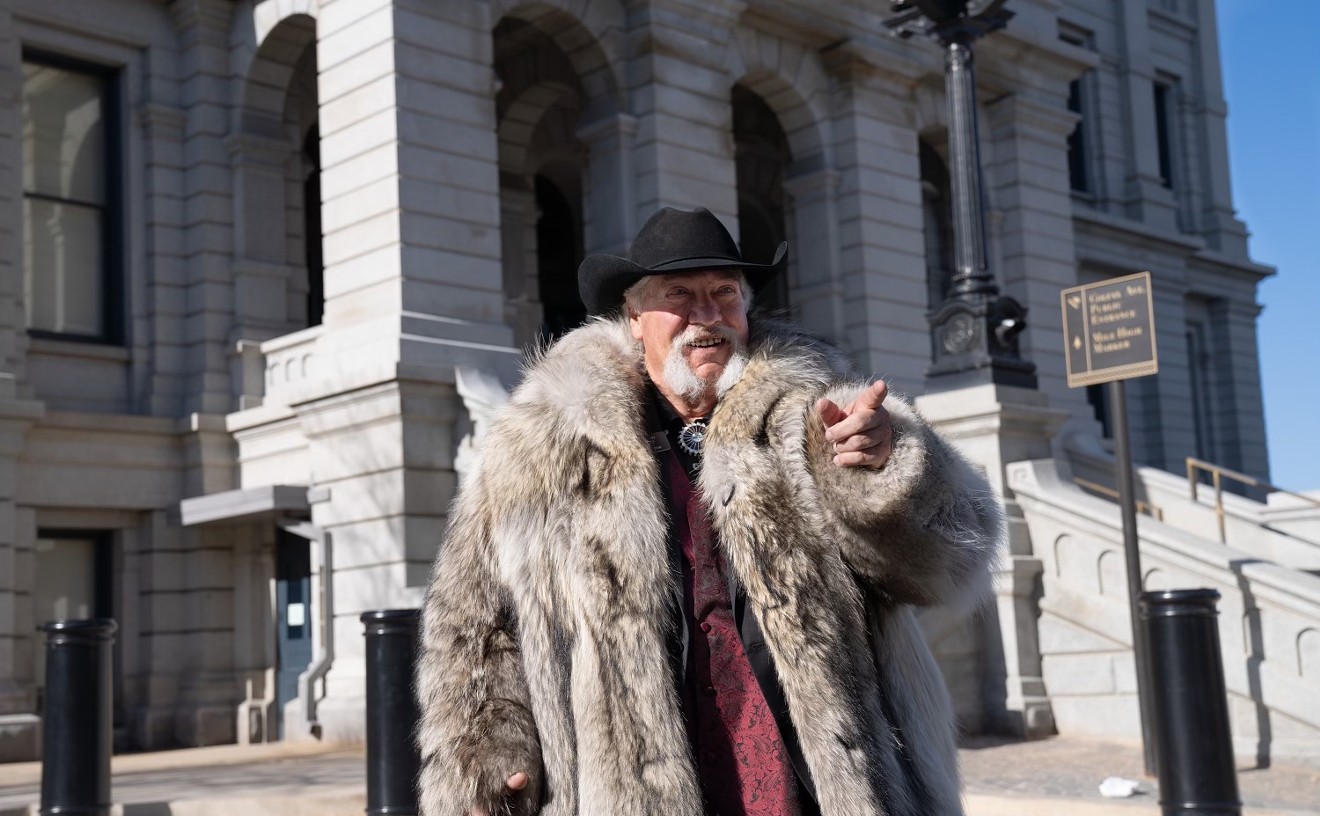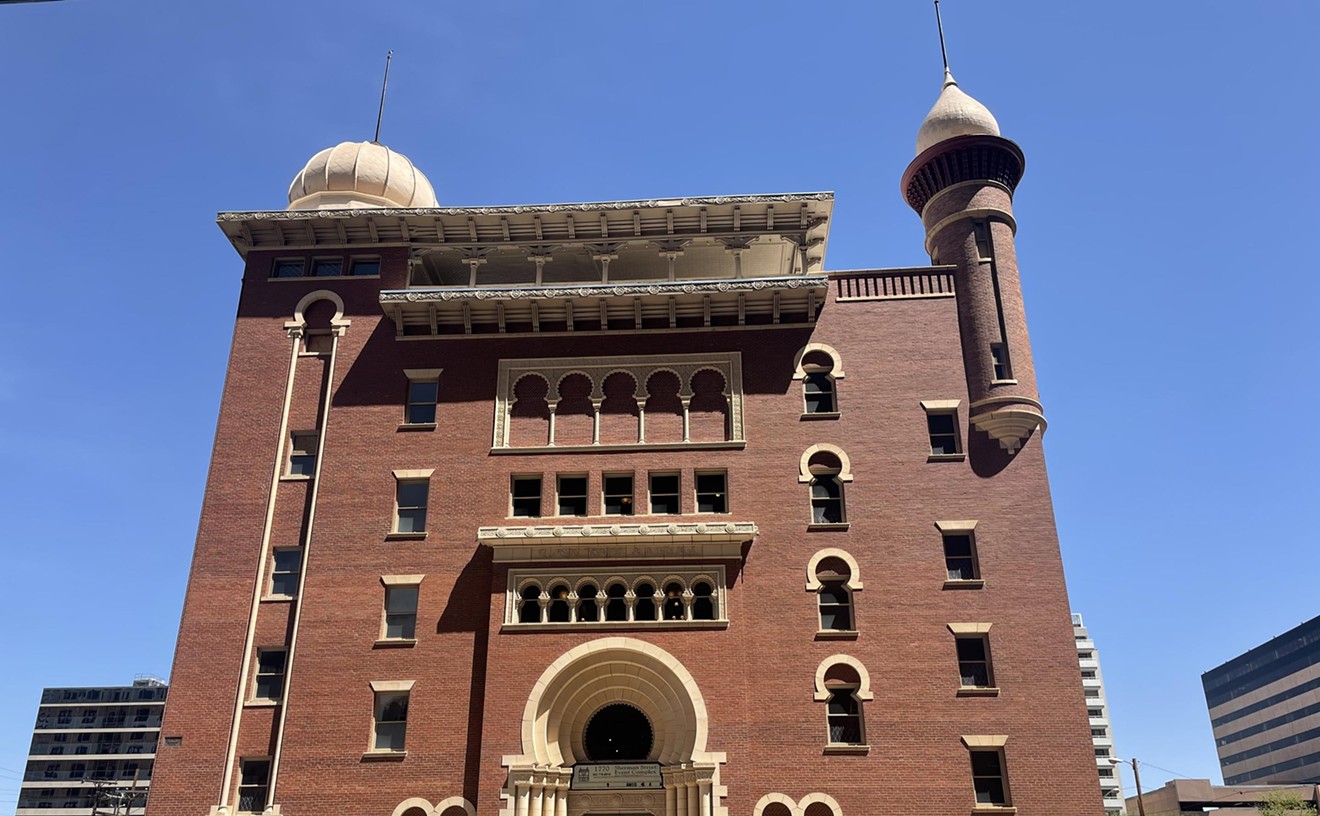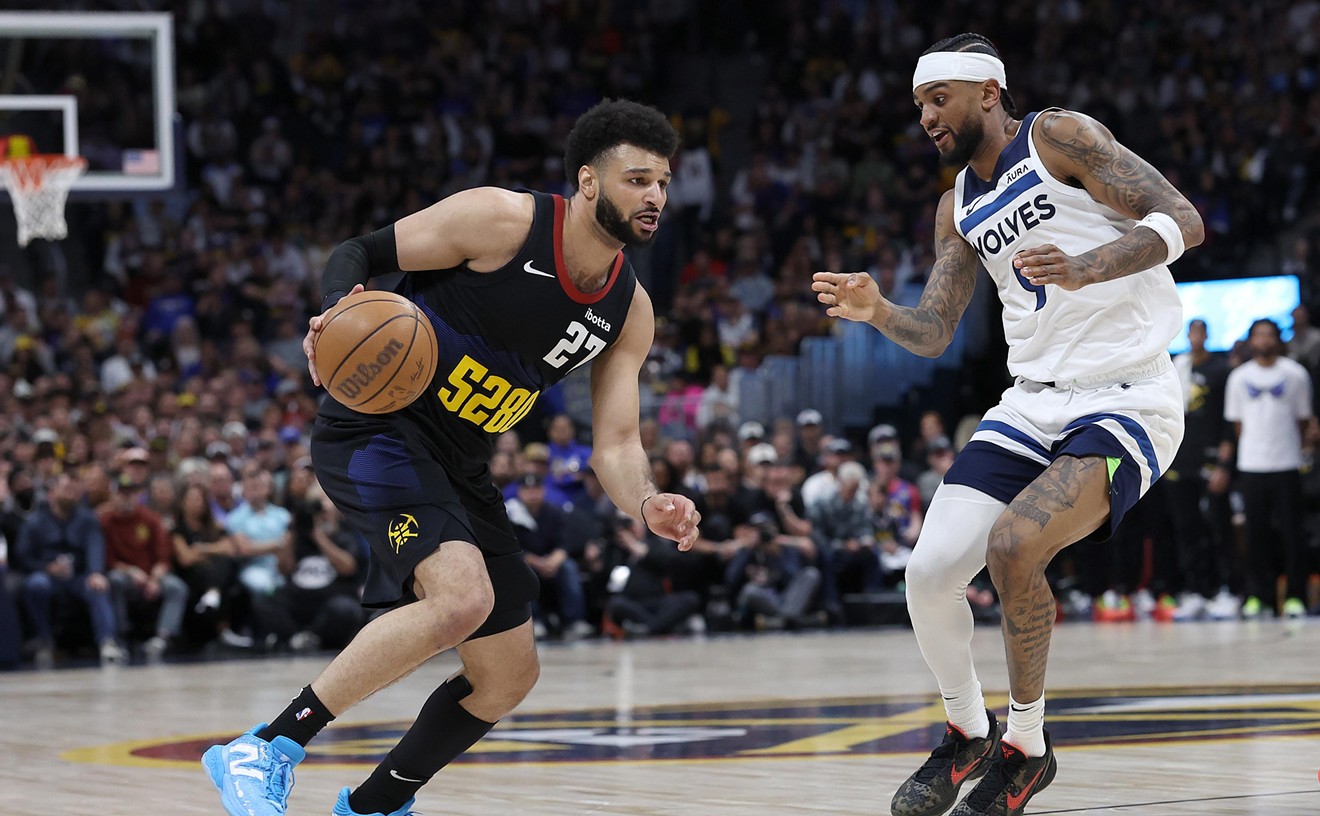That's not the final word, however. Tami Davies, James's widow, has reportedly filed a lawsuit over the incident, claiming that the tragedy was the "inevitable conclusion to a series of preventable acts and omissions."
As we reported last year, the main events of the night were laid out in a portion of a Weir decision letter addressed to Lakewood Police Chief Kevin Paletta and labeled "Relevant Facts."
On November 8, the document notes, Davies and another agent assigned to the department's Special Enforcement Team had volunteered to work overtime and were assigned to a late shift.
Early the following morning, the pair received a call to the area of Ingalls and 20th Avenue involving a loud party. They parked their car in the vicinity, but as they were walking, they heard gunshots in an area south of them and headed that way, along with a slew of others from the department, prompted by numerous calls from concerned residents.
Officers fanned out in search of the shooter, and before long, a sergeant spotted a figure outside a house at 1940 Eaton, followed by a muzzle flash. She responded by pressing herself against a tree, while other officers in the vicinity sought cover.Davies and the officer with him were a few buildings away and communicated their position via radio. Meanwhile, a SWAT negotiator phoned the house in question, and after a couple of tries, a woman answered the phone. She insisted that no one there had fired a gun, adding that two people were with her. The negotiator then ordered the trio outside, and as a Denver Police helicopter swooped overhead, they complied and were taken into custody. None of them had a weapon, but ammo was found inside the home.
As Davies and the other officer circled to the back of the house, just in case someone else was inside and tried to flee, agents questioned the three people who'd left the house and learned that several pit bulls were inside. More personnel were called to help clear the dogs -- including Agent Devaney Braley, a SWAT officer team leader.
Dealing with the dogs took some time, and as agents tackled that task, another complication cropped up -- the arrival of a man named Joe Ruiz, who was allegedly drunk. He yelled at the agents in front of the house, "challenging their authority to be in his home," the letter says.
In the midst of this confusion, Braley, inside the house, was told the backyard hadn't been cleared yet. He was at the backdoor when he thought he heard voices.
What happened next?
Continue for more about the filing of a lawsuit in regard to the James Davies shooting, including more photos, video and an original document. Braley told investigators that he looked into the backyard and saw an east-to-west privacy fence that separated the residence from the apartment building directly to the north -- and on top of it, he caught a glimpse of what he thought was a Hispanic man with a shaved head holding a black, semi-automatic pistol.
In response, Braley yelled, "Police, drop the gun. Drop the gun," but the man didn't do so. Instead, Braley said, the man started to raise the weapon in his direction. Believing he was about to be shot, the agent fired first, striking the man in the headHe and other officers then cautiously made their way to the other side of the fence -- and upon their arrival, the agent who got there first began saying, "No, no, no...."
He saw the police patch on the man's jacket first -- and then his face. The person Braley had shot was Agent James Davies.
A great deal of legal reasoning follows this section of the letter, but here's the crux of DA Weir's argument against filing charges in the shooting:In the final analysis, it cannot be disproven that Agent Braley's acts of self defense were reasonable. There was no question that this area had been riddled with gunfire earlier in the evening. The residents of the home had not confessed to firing any weapons and they were not in possession of any weapons when police searched them. Adding to the concern, magazines and ammunition were in plain view in the residence but no weapons were seen by officers. An officer believed that he had seen lights go on and off in the basement [the house didn't have a basement; apparently, he'd seen a reflection] when the residents were exiting, which would seem to indicate that other individuals may be still in the home. While the shooting had ceased after the residents had been evacuated from the home, no one was sure that the shooter had been located. Agent Braley had been told by a fellow officer and a supervisor at the scene that the house was not yet safe and that a shooter may still be in the area. When he saw an armed individual looking over the fence at him and when that individual failed to follow commands to drop the weapon but instead raised it towards Agent Braley, Agent Braley was justified in using lethal force to protect himself.Continue for more about the filing of a lawsuit in regard to the James Davies shooting, including more photos, video and an original document. As for the incident that brought the police to the block in the first place, three men were arrested, but two were subsequently released. In the end, the only person targeted with charges was Ruiz, who had a series of prior arrests that made it illegal for him to possess weapons.
Weir ended the letter with the following: "This conclusion of legal clearance of criminal responsibility by any Lakewood police personnel should not be viewed as a complete endorsement of all procedures followed on November 9th, 2012. The police procedures must be reviewed and critically evaluated. Comprehensive training must address this tragic situation so that every effort has been made to ensure that the likelihood of losing a gifted and dedicated agent such as Agent Davies is eliminated to the greatest extent possible."
Errors in judgment were also cited by a review board that looked into the shooting last year, 9News notes. According to the station, Davies's failure to adequately convey his position to other law enforcers on the scene was among the mistakes made, and they had fatal consequences.As for Tami Davies, she sat down with CBS4 in April to talk about her offer of two scholarships earmarked for people going through grief of their own. And yesterday, she filed a lawsuit in U.S. District Court that speaks to a "cowboy mentality" in the Lakewood Police Department. (The LPD declined comment based on pending litigation when contacted by 9News.)
The suit contends that "it is illogical to believe that an armed criminal who had escaped from the house would calmly try to alert a SWAT officer to his position by saying 'hey'" and states that the flashlight Davies held in his hand should have "indicated that he was likely a police officer."
Look below to see the CBS4 interview with Tami Davies about the scholarships and DA Weir's decision letter. Then, on the next page, we've embedded the 9News report about the lawsuit. Be warned that it's in autoplay mode and will immediately start playing.
Continue to view the 9News report.
Send your story tips to the author, Michael Roberts.
More from our News archive: "James Davies, Lakewood police friendly fire victim: Details on funeral, two suspects' release."











